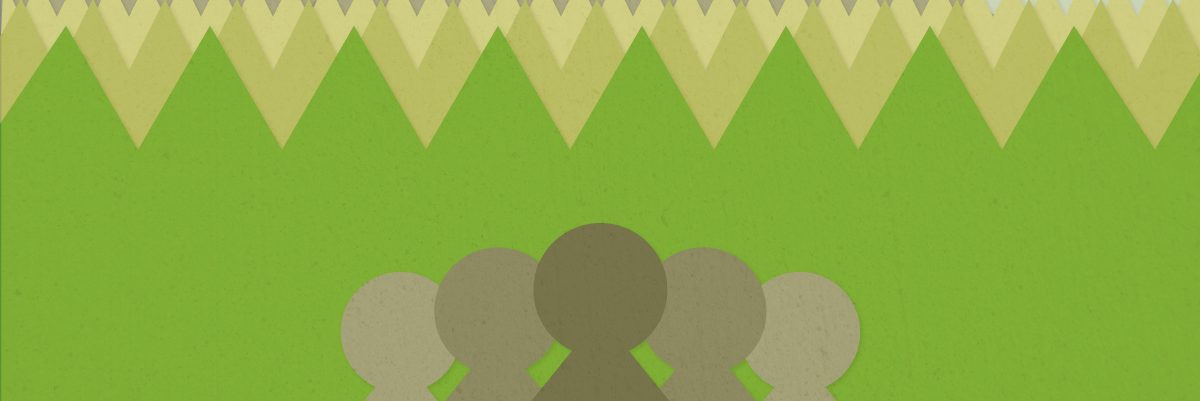“When memory returns it does so from distance. From old events, recall advances towards the present. This rate of advance can not be clinically predicted but every neurological environment currently hopes to hasten its progress by introducing intrinsic tranquillity,” the incumbent at Fort William had advised Special Branch, sucking a sherbet on a stick as he did so. “Sorry,” he had apologised, “but these are really good. I’d have bought an extra one for you had I known you were coming.”
Thanks to strict disciplines imposed by the sandy haired neurologist, the activist had been cocooned from any form of stress or stimulation. Police questioning, for example, had been forbidden and although the biker was aware of a police presence, it was at first irrelevant to him. It was several days before he associated the duty policeman with himself. An instinct as strong as muscle memory drove him to maintain an introspective silence.
He felt a deep sense of guilt, and knew with a simplistic certainty that he had breached the ethics of his tribe. In isolation, without external aids or artifacts to help, recall returned. He soon came to realise why there was a uniformed officer beside his bed, day and night. Confusion and cognitive dysfunction ebbed. Memory flowed into darkness. Overwhelmed at first, a sense of being whole steadied him and he almost wept in gratitude.
“There, there,” nurse said, efficiently taking his temperature and blood pressure, “your memory will come back soon. You mustn’t worry,” and he noticed the duty policeman at the foot of the bed jot something in a breast pocket diary.
Pretending to wallow in a state of emotional bewilderment, he gestured weakly with one hand then closed his eyes. With the police officer’s jotting, memory of recent events poured through his sense of being. For several hours he lay supine, fighting to control images that threatened to break his immobility of expression, and slowly he regained his clandestine self. He had been in an accident, he was certain, although its details escaped him, and both passports and handgun would have been discovered as a matter of course. That would account for the police attendance at his bedside. His identity may yet be unknown, his transgressions therefore undiscovered. He remembered his cellphone, and silently damned his carelessness in not destroying it. His involvement with that idiot, Control, would already be known. Perhaps nothing more. A great deal would depend on whether a youthful lack of discretion had indexed him in some dingy filing system.
At university in Liverpool, he had ‘read’ History and Politics, to use that affected and silly trope, a course which was a tired cynosure of scouts not of the Robert Baden-Powell variety. A strong tendency towards left wing politics shone in pub debate, and self-control and detachment interested a talent spotter, particularly since the young man was not overly pocked by acne but was muscular and attractive to the female gender. A profile was routinely submitted to the usual desk above Horseferry Road, suggesting that the student may be ‘a person of interest’.
The scout befriended the young man, recognised an antipathy to the USA and professed a similar dislike, citing left wing ideology as a basis for it. This secured the desired response. On the third week of beer drinking at his tiny student bedsit the muscular twenty year old unloaded heavily on the scout who was one of those perennial post-grads that nest in trees of knowledge.
There had been no holding back. His catalogue of outrages perpetrated by America revealed five years of unhealthy delving into events that an intimidated, or merely manipulated, media reported briefly or not at all.
He had raged over the incident at Balikpapan, then over Iran Air Flight 655, flying down a commercial air corridor from Tehran to Dubai and targeted by US missile cruiser Vincennes, killing 66 children and 224 adults. There had been scant reaction from the Western media. Months later Pan Am 103 exploded above Lockerbie. The USA would furiously deny that the Pan Am atrocity was in retaliation to the Iran Air killings, lightly reported in the West, and the CIA structured their creaking case against Libya.
Alarmed by hidden passion in the hitherto impassive young student, the post-grad met with the senior lecturer who was his conduit to the secret world above. Thus did the great-nephew of a deck officer on the SS San Flaviano come to the attention of the Security Services, be rated worthy of a file and categorised as a possible future risk. His fingerprints were secretly obtained and archived with several photographs.
The young man had, however, by then become uncomfortably aware of a tendency in this university loiterer to be forever on the fringe of socialist discussion groups and never be short on funds. When he heard a whisper that the post-grad was one of the university ‘watchers’, he began to avoid the man, but guessed that it was already too late to prevent being named.
Years later, he had been the subject of a casual, almost diffident enquiry from a CIA source. The query had been semi-official, which meant that it went unrecorded with the reason for enquiry remaining undisclosed. The consequent trawl through MI5 files had resulted in a note advising that the subject was on record as a left wing sympathiser, but with ‘nothing further against’.
